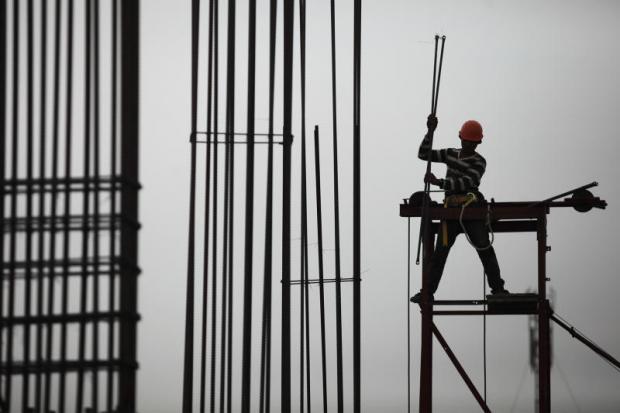
Property developers are calling on financial institutions to ease their stringent home loan approval criteria to aid the sector.
They are also urging the government to trim its blacklist period for credit card and auto loan non-payment from three years to one in order to enable homebuyers to get better access to mortgages.
This will eventually help boost the property sector amid the current unfavourable sentiment, said Atip Bijanonda, president of the Housing Business Association.
"The overall housing market this year is quite sluggish as economic conditions are wanting and many potential homebuyers are unable to get mortgages despite their good qualifications," he said. "Many home loan applications were rejected for nonsensical reasons. Some homebuyers who had earlier qualified for home loans are now being rejected despite having the same qualifications."
Mr Atip said financial institutions should use the same loan approval criteria as it used in the past. Home loan applicants who used to get a credit line of 50 times their monthly income now only get 30-40 times from some banks.
"With the sluggish economy, the government wants the private sector to invest. But if developers can't sell and transfer housing units, how can they continue investing?" he asked. "Developers can't unload their housing stock because banks aren't giving out loans."
Another key issue is the relatively long blacklist period imposed by the National Credit Bureau. There are over 100,000 people who were blacklisted by the National Credit Bureau, but have now cleared their credit card and auto loan debt.
"Despite making good on their debts, they remain on the credit bureau's blacklist," said Mr Atip. "This prevents them from getting mortgages. These people have strong purchasing power, and they are prospective homebuyers."
He said the home loan rejection rate is expected to rise from an average of 50% at present. Even worse, some developers have found the home loan rejection rate hitting 70%, particularly in the low-priced segment.
In a move to handle this deadlock, Mr Atip said the Housing Business Association is scheduled to meet with related government agencies to discuss the blacklist period.
He added that while the government has been trying to stimulate the economy through mega projects, it further needs to boost the property sector in order to create a multiplier effect for the economy.